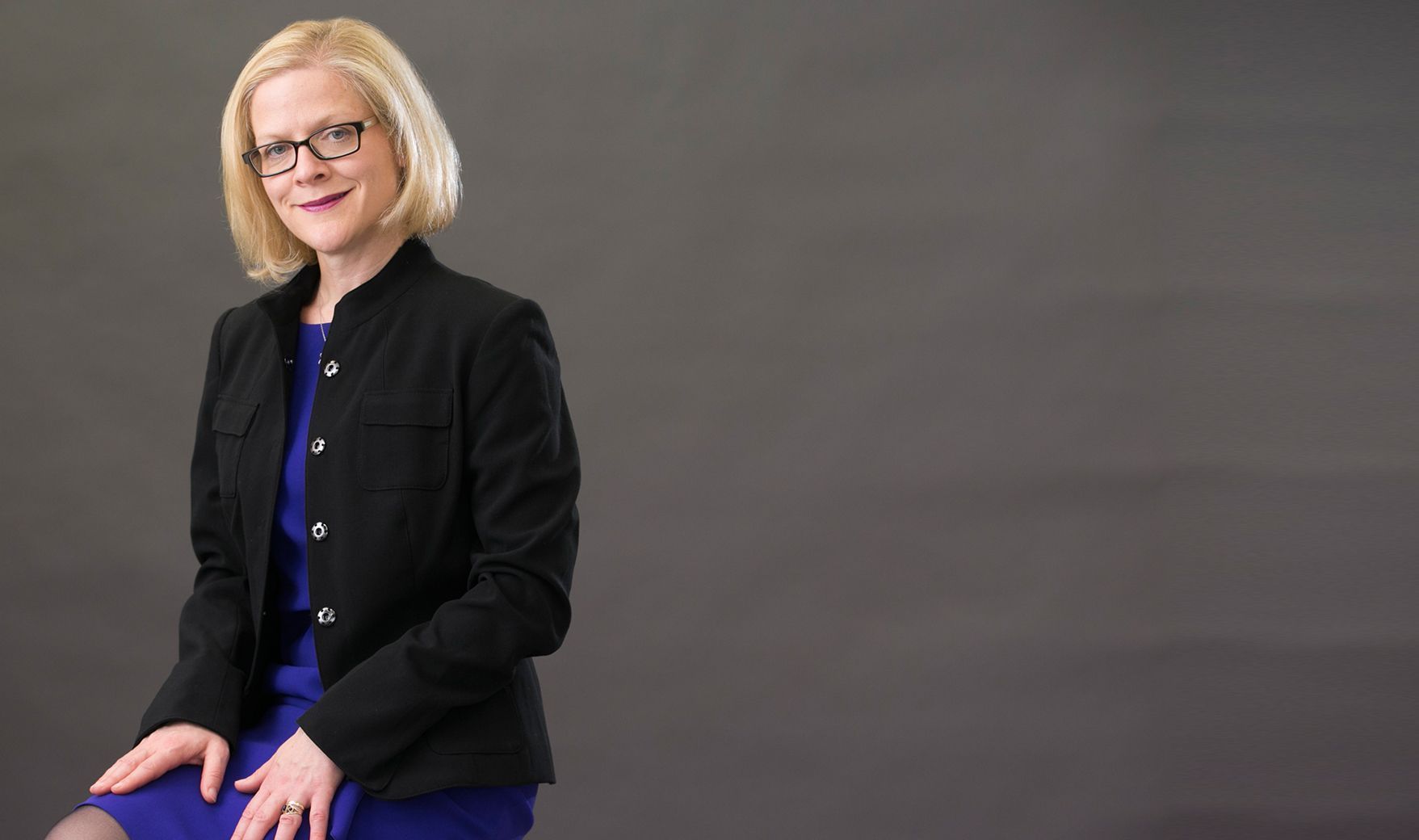Migration: Intrinsic to Australia’s Future Success?
November 16, 2016
By: Alex Paterson
The CEDA events I chaired and spoke at last week, gave a strong sense of the value a multicultural society brings to Australia and the passion and commitment there is to maintain this. The events saw the New South Wales (NSW) and Western Australia (WA) launch of the CEDA research report, Migration: the economic debate.
NSW Coordinator General for Refugee Settlement, Professor Peter Shergold AC, fashion designer Carla Zampatti AC and ABC’s Managing Director, Michelle Guthrie contributed their thoughts and perspectives on the role migration might play in Australia’s future, during a panel discussion in Sydney. There was a consensus that migration has been of much benefit to Australia, both economically and socially.
Bringing together the best talent, creativity and global skills
Carla spoke of her own path from rural Italy to regional WA, and the determination she felt to succeed as a migrant in her new home, Australia. Her business has flourished over the decades and Carla spoke of her multicultural staff complement, including those from China, Lebanon, Russia, Thailand and Vietnam. She believes that the successes experienced by Australia to date—which are also there for the taking in the future—are all about bringing the best talent, creativity and global skills together to create something unique.
Role of media in portraying Australia’s multicultural society
Michelle shared her thoughts on the media’s role in portraying Australia’s multicultural society. Appointed MD of ABC earlier this year, she is focussed on broadening content and the diversity of contributing presenters, to represent and engage with the many valued cultures in Australia. Having worked extensively overseas in UK, Asia and USA, Michelle spoke of the perception of Australia’s openness and of its representation in business, with Australians working in many global cities, gaining skills, forming networks and ultimately returning home. In the same way, she could not imagine an Australia that would not welcome migrant talent to contribute to the ideas and successes of our future.
Pathways to employment for humanitarian entrants
Economic pressures and mounting political rhetoric has heightened community concerns. It was agreed that there is much work to be done to address challenges and ensure the society in Australia recognises the vital part migration will continue to play in its future, given our relatively small and ageing population. As the CEDA report identifies, migration is our de facto population policy.
Professor Shergold shared his focus on effective settlement of humanitarian entrants. Whilst many elements of Australia’s settlement program are strong, he referenced the one weak link - effective pathways to employment. NSW has established a one-stop shop to work through current skills/experience and level of English and to plan for entry into work. A growing number of employers have already signed up under the program to offer roles and training support, with many more interested. WA is also working on a similar initiative, which is great to hear.
‘Fit for purpose’ future migration program
At the Perth launch, Visiting Research Fellow at the University of Adelaide, Dean Parham commented that whilst no single answer can be given on whether migration has a positive or negative net effect, the more recent emphasis given to skills in the migration program, has certainly had a positive effect on Australia’s productivity performance. Census data indicates that migrants have raised the level of labour productivity by 6% and migrants’ contribution to growth in skills, accounted for at least 10% of annual labour productivity growth between 2006 and 2011. Clear food for thought as Australia seeks to ensure a ‘fit for purpose’ future migration program.
Importance of an agile and competitive temporary migration program
Chief Executive of CME (Chamber of Minerals and Energy of WA), Reg Howard-Smith, gave clear messaging on the value of migration to the resources industry. Both he and I spoke to the critical importance of an agile and competitive temporary migration program to support business needs. Important also that we can facilitate entry of the ‘uniquely skilled’, who prefer to engage in work on a project basis and move around the world as their services are sought. Frankly, if we get the settings wrong, our loss is another country’s gain. This is not to undermine the focus on attracting skilled migrants to Australia for the longer term. Rather a clear message that this is not the only migrant flow to contribute positively – temporary migration brings huge benefits also.
Lastly, who could avoid being inspired by Elizabeth Brennan, a Fellow with the Australian Rural Leadership Foundation (and strategy development lead for Moora Citrus, one of the largest citrus operations in WA). Her passionate messaging on the vital contribution migrants make to her family’s business and the broader industry was clear, as were her shared examples of the regeneration opportunities possible in dwindling regional communities, with active community support, investment in infrastructure and a carefully planned migrant settlement program.
Conclusion
All in all, highly energising and thought-provoking discussions. Here’s hoping that they promote active debate and thought leadership, to constructively inform public policy planning and outcomes. No easy task, but Australia has the opportunity to lead by example, in reviewing current program settings to ensure they are optimal for Australia’s future economy and society – at the same time actively embracing our multicultural heritage and the valuable contribution migration makes to a successful and vibrant future, for the benefit of all.















